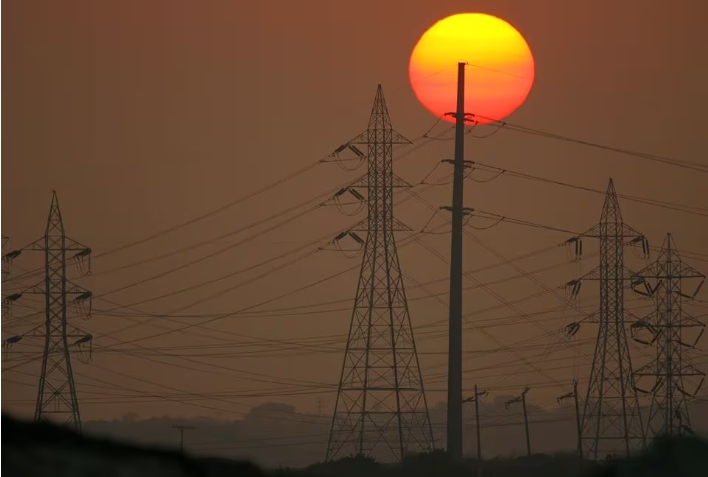
The paper, "Strategies for Enhanced Gas-Electric Coordination: A Blueprint for National Progress," also notes steps to improve market efficiency of gas supply and delivery.
The grid operators known as the joint Regional Transmission Organizations (RTOs), who continue to rely on thermal generation fueled by gas, have proposed a number of short- and medium-term measures in the paper.
It provides recommended courses of action to be followed by the RTOs, pipelines, gas producers, marketers, and federal and state regulators in accordance with each recommendation.
The Federal Energy Regulatory Commission (FERC), along with the states, should consider leading industry dialogue to bring an end to multiday trading requirements of gas over weekends and holidays that significantly strain gas or power coordination and dispatch, the paper said.
"States could consider issuing policy statements indicating that in determining just and reasonable rates for gas commodity and capacity, purchases and sales through a more transparent and centralized secondary market."
The paper also suggested initiatives for enhancing scheduling flexibility, addressing potential gas-electric co-dependency vulnerabilities, developing additional reserve products in RTO markets and reexamining emergency gas prioritization at the federal level.
Last month, FERC granted a request by New England's grid operator and a regional utilities association to postpone their 2025 forward capacity auction by a year.
In 2022, winter storm Elliott brought freezing temperatures and extreme weather alerts to about two-thirds of the U.S., causing unplanned electricity generation supply losses.